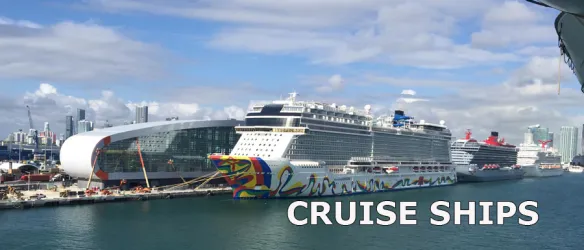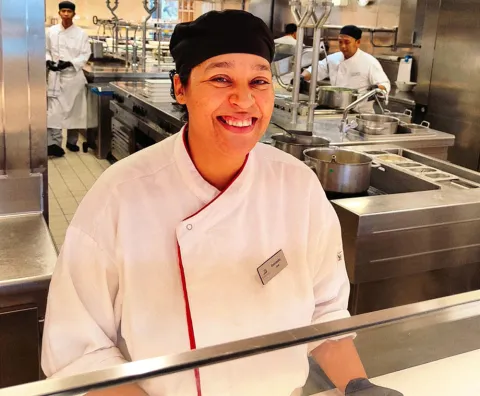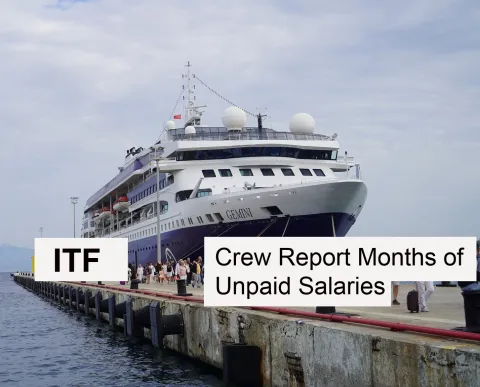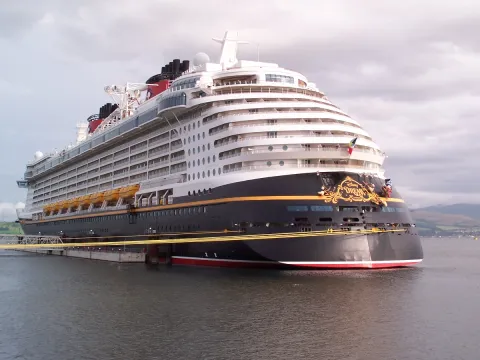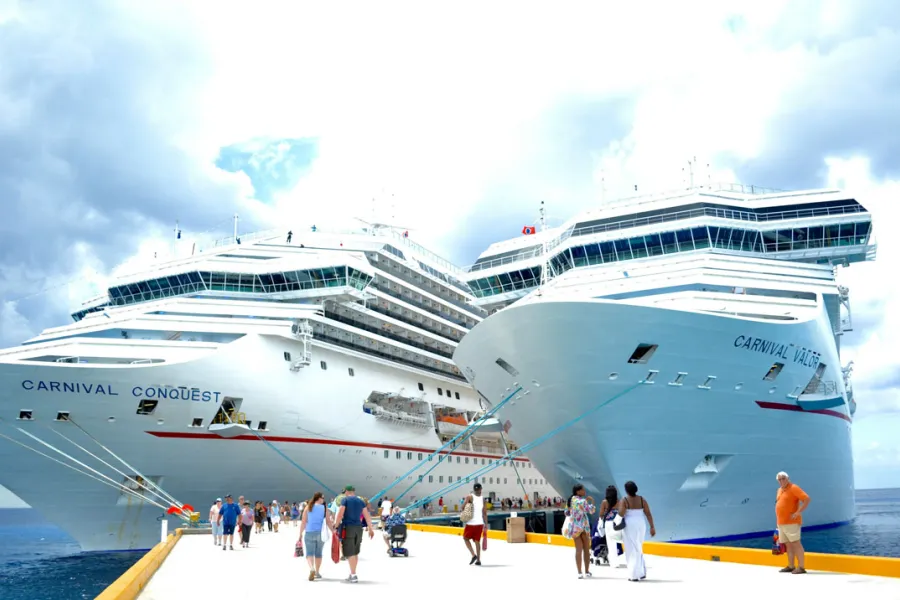
As cruise ship jobs grow in popularity, so do the goals of those who work at sea. Many crew members, from entertainers to housekeeping staff, are no longer just sailing for the paycheck. They're also working on college degrees, certifications, and new career paths. Education on the ocean isn't science fiction anymore - it's real, and it's growing.
More importantly, this wave of learning is fueled by a desire to stay human in a world rushing toward automation. The rise of AI tools is massive, but some learners are choosing a different route. Instead of handing their essays to a bot, they're asking for support the old-school way. Some even say, "I'd rather someone help me write my essay no AI than trust a tool that doesn't get me." For many crew members, that's not just a style choice - it's a matter of integrity.
Remote education is full of challenges, but on cruise ships, those challenges get even more intense. Still, many are managing - and thriving.
Learning While Sailing: The 2025 Trend Among Cruise Ship Staff
The Motivation Behind Academic Upskilling at Sea
Cruise ship jobs can be seasonal. Some contracts last six months, others a year. And for many staff, there's a desire to make the most of that time. Studying between shifts gives workers the chance to grow - personally and professionally. For many, it's a stepping stone toward a better job off the ship. Others do it to earn promotions or prepare for a transition into a land-based role.
Year long cruises give staff a rare advantage - stability. With predictable routines and extended contracts, these workers can map out their schedules and fit in study hours in a way that fits.
Avoiding AI Dependency in a Hyper-Automated World
AI might be everywhere, but some students are pushing back. Many believe that human written essay content is still the gold standard, especially for personal statements, reflective work, or creative analysis. Onboard crew often don't trust AI tools to truly understand their voice, context, or background. That's why the decision to stick to human help feels more natural. It's not about rejecting tech - it's about choosing tools that serve you, not replace you.
And this mindset is gaining traction beyond ships. Students worldwide are rethinking the value of originality in an AI-saturated education system. That's why this shift at sea matters.
Challenges of Studying Remotely at Sea
Limited Internet and Data Restrictions
Cruise ships are not famous for great Wi-Fi. Connections are slow, pricey, and often cut off when sailing far from land. For remote education to work, students need materials they can download in advance. Watching live lectures or joining video calls is often out of the question.
This affects how students structure their time. As the most important one of the online study tips, many plan ahead - downloading PDFs, scheduling offline hours, and checking for internet breaks during port days. It's not ideal, but it's manageable. Some also contact professors or school staff ahead of time to explain their situation. In most cases, schools are understanding.
Time Zone Conflicts and Long Work Hours
Life on a cruise ship moves fast. Shifts are long, and breaks can be irregular. Studying between split shifts, late nights, or early mornings requires discipline. Add to that the confusion of jumping between time zones, and it's clear that sticking to a school schedule becomes hard.
Still, those who succeed share one thing in common: they plan smart. They use physical calendars, apps, and notes to track their classes. They often rely on recorded lessons rather than live classes. The best students know how to adapt - and prioritize.
Tools and Resources Crew Members Are Using to Succeed
Offline-First Study Apps
Offline-friendly apps that offer online study tips are essential on the sea. Tools like Notion, Anki, and Evernote allow students to save materials in advance and study without needing Wi-Fi. Some year long cruises ship workers even download whole course modules ahead of time using platforms like Coursera or edX.
Remote education is no longer only for the well-connected. It's now accessible to students who move constantly, live in small cabins, and juggle customer service with coursework. Thanks to smart design and mobile-friendly tech, studying from anywhere is now a real option.
Human Writing Help
Even the most dedicated learners need support. That's why academic assistance from human editors, tutors, or writers is still popular - especially among cruise ship students. Having someone review or help shape a human written essay means the work stays personal, unique, and clear.
Some students on year long cruises even pre-book services before they sail, planning for key deadlines in advance. The result is a system that works around their jobs. Rather than rushing assignments or defaulting to AI tools, they choose personalized support. And the demand for human written essay guidance shows no signs of slowing.
What matters most is flexibility. From proofreading to brainstorm support, crew members value help that matches their values and their workload.
Final Thoughts
Life at sea is not what it used to be. It's no longer just about hospitality and adventure. For many, it's also about growth - and that means learning, studying, and working toward bigger dreams. Whether it's certifications, degrees, or just staying mentally sharp, cruise ship workers are proving that remote education is possible anywhere.
Their refusal to rely on AI-only tools is a powerful reminder of what learning really is: personal, imperfect, and real. By choosing human written essay support and adapting their tools to fit limited Wi-Fi, they're leading a quiet revolution in how - and where - people learn.
And in this revolution, the sea might just be the most inspiring classroom of all.



